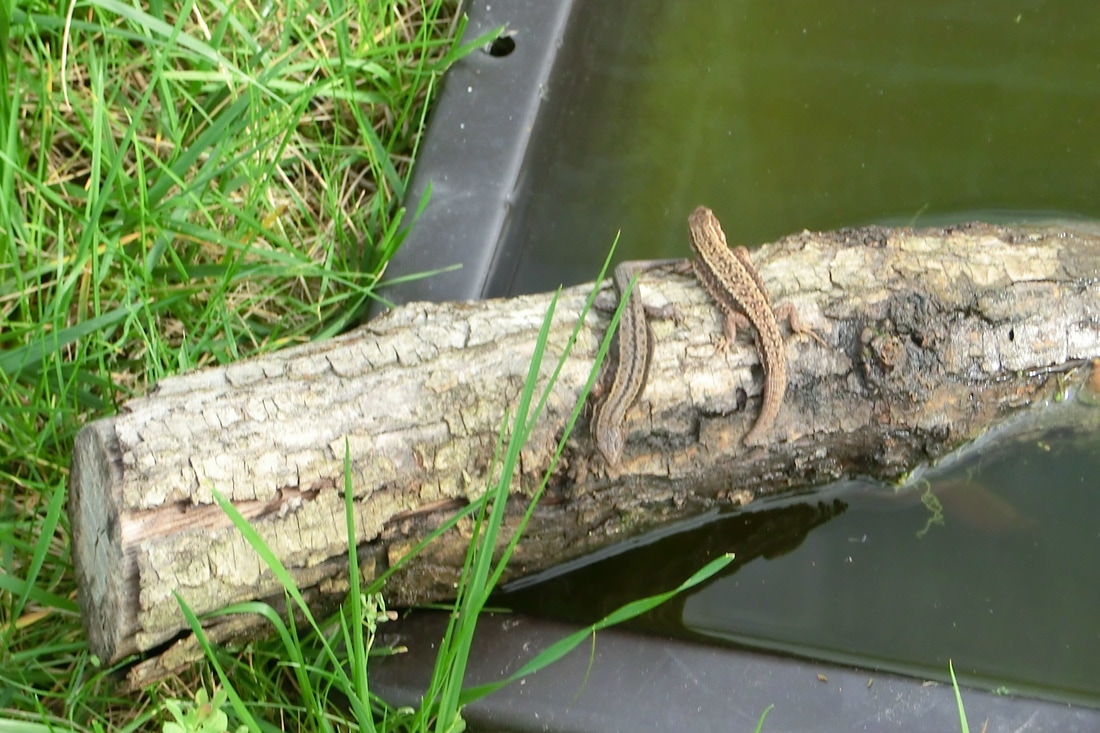What is an attractive mate? We more or less agree on attractiveness in the human realm. Ryan Gosling and Brad Pitt are generally considered hot, while Donald Trump… Less so. Ok, that is looks, but thinking of personality now? Well, again, Ryan Gosling and Brad Pitt are generally considered hot, while Donald Trump… Now what is attractiveness in non-human animals? Good thing that I am not a female lizard, because I would probably end up with the wrong male, but it seems that animals have a pretty good idea of what is considered an attractive mate for their species.
We studied female mate choice in common lizards, and found that as humans, lizards are little hypocrites. “I love him for his personality!” Yeah of course we believe you honey. Apparently, female common lizards have the hots for very active lizards. No lazy slob drinking beer on the couch for them, they want good lively males! Why is that? Well activity generally increase competitive abilities and survival, and females might want to transmit these good genes to their offspring.
However, where things become interesting, is that this preference changes when things become nasty. When there is no enemy around, females are all for energetic males, but in the face of predation risk, their preference cancels. They now choose less active males. In harsher conditions, being active might mean being more conspicuous for predators, and as the Monty Python might say, there is a value in not being seen.
Remember folks, beauty is in the eye of the beholder, but when things go awry, it might be time to get your sight checked!
You can read more about these results in
Teyssier A, Bestion E, Richard M, Cote J. 2014. Partners’ Personality Types and Mate Preferences: Predation Risk Matters. Behavioral Ecology 25 (4): 723–33. doi:10.1093/beheco/aru049
Remember folks, beauty is in the eye of the beholder, but when things go awry, it might be time to get your sight checked!
You can read more about these results in
Teyssier A, Bestion E, Richard M, Cote J. 2014. Partners’ Personality Types and Mate Preferences: Predation Risk Matters. Behavioral Ecology 25 (4): 723–33. doi:10.1093/beheco/aru049

 RSS Feed
RSS Feed
